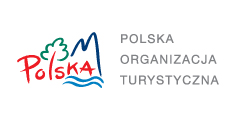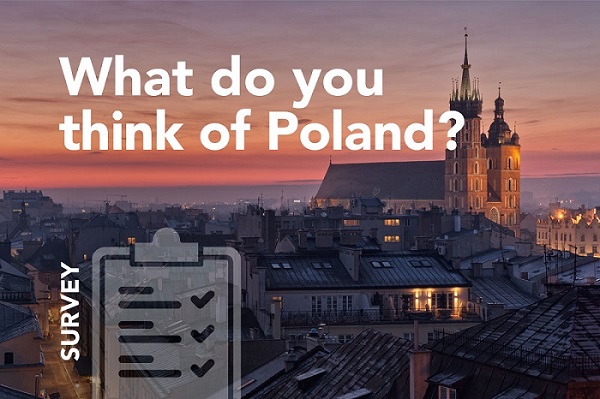Dabki
Dabki is a spa and seaside resort in south-western Poland. It is part of the administrative municipality of Darlowo which is in Slawno County in the province of West Pomerania. The town lies on the Slowinski Coast on the Baltic Sea, about 7km from the town of Darlowo, and also on the shores of Lake Bukowo.
In the 13th century the owner of the lands in this region, Prince Swietopolk, gave the lands on which the settlement of Dabki stood to the Cistercian Order in Darlowo. The exact date their settlement in the village is not known but the oldest mention of Dabki dates back to 1493. After the collapse of the monastery, the village was owned by the West Pomeranian Dukes but was bought by the city of Darlowo in 1550. By the end of the 18th century only about 250 people lived permanently in Dabki, most of which were fishermen or farmers. This only increased by 10 over the next hundred years but the village now consisted of 44 buildings and 45 family farm holdings.
As a spa and seaside resort, Dabki began its career at the beginning of the 20th century. The electrification of the town began in 1918 and the road between Koszalin and Darlowo was built in 1927. By 1939 the village had a school, two taverns, both with large function rooms and a sanatorium belonging to the Berlin Health Organisation. More and more tourists started to come to the village and even brochures were distributed about activities in and around the town and available private accommodation. However, the villagers continued to live mainly from fishing. Shortly after World War II, Soviet troops were stationed in this region. Since the 1960’s several modern resorts and sanatoriums have sprung up in Dabki. Today only one building has remained of the historic village of Dabki, a fishing hut built from Prussian stone.
Dabki is a classic maritime spa resort and, being the youngest spa centre in Poland, it only received its spa status in 2007. The specific local climate has high iodine content and strong cooling stimuli which are used to treat a range of diseases, especially those related to allergies and the respiratory tract. This type of climate increases the function of the body’s natural immune system and lessens the susceptibility of catching colds. There are large tracts of forests close to Dabki where the land meets the sea. These forests lessen the „sharpness” of the climate and emit favourable bactericidal and bacteriostatic compounds into the atmosphere which prove to be particularly advantageous in the treatment of illnesses in children. Today there are seven spa sanatoriums in Dabki which specialise in the treatment of respiratory, cardiovascular, gastrointestinal and musculoskeletal diseases. Within the resort there are also documented deposits of natural healing mud which is also used in certain treatments.
The National Spa Park with its specially prepared walking trails and sandy beaches with their distinctive sand dunes encourages visitors to walk as part of a healthy fitness regime, while a stay in Dabki can be used to visit the Slowinski National Park with all its existing attractions or the nearby towns of Kolobrzeg and Koszalin.
In 1994 a marina was established in Dabki as a haven for its fishermen with loading docks, a beach and a 100m long mooring facility measured from the line of the coast. Attractions include cruises along the coast and fishing trips.
Once the hubbub of a busy resort during the summer dies away, Dabki quickly returns to its role as a spa.


